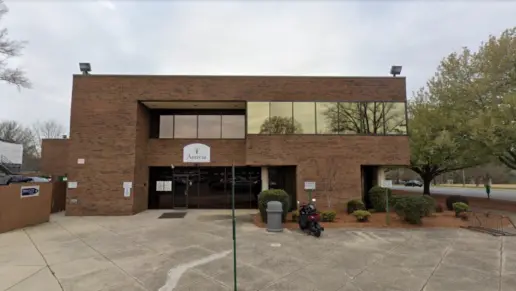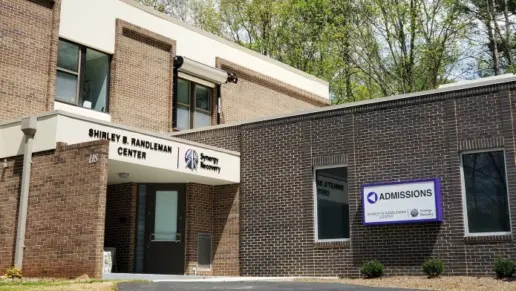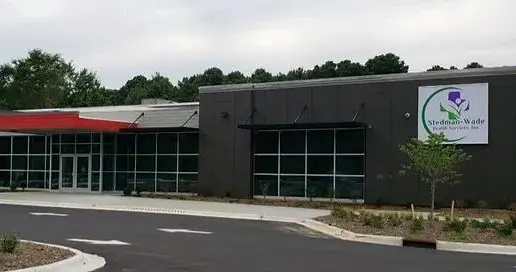About Eastpointe
EastPoint, in Rocky Mount, North Carolina, is an outpatient rehab and managed care organization for youth and adults requiring mental and behavioral healthcare. They specialize in connecting low-income and uninsured persons with the care they need. Their outpatient addiction treatment center provides dual diagnosis care and intensive outpatient (IOP), standard outpatient (OP), and aftercare services.
EastPointe offers outpatient addiction recovery services and advocacy for youth and adults in need of mental and behavioral healthcare services in Rocky Mount, North Carolina. An outpatient rehab and managed care organization, they specialize in providing and/or procuring high quality care for low-income and uninsured clients and for those with co-occurring addiction and mental illness. Services are available in multiple languages.
Outpatient and Aftercare Services
EastPoint’s outpatient programs ensure a complete continuum of care aligned with clients’ evolving needs, including intensive outpatient (IOP) and standard outpatient (OP) programming. Clients receive medical and mental health assessments, personalized care planning, and comprehensive case management. Clients also engage in intensive, trauma-informed individual, group, and family counseling and robust recovery-focused life skills training. As a managed care organization, their aftercare services are extensive and highly customized and may include 12 step program facilitation, vocational and academic training, employment and housing assistance, and referrals for medical, mental health, and social service programs.
Accreditation and Payment
EastPointe is state licensed and accepts self-pay.
Rehab Score
Other Forms of Payment
Self-pay involves paying for treatment out of your own pocket. You can use savings or credit, get a personal loan, or receive help from family and friends to fund your treatment. If you don't have insurance or your insurance plan doesn't cover a specific program, self-pay can help ensure you still get the care you need.
Addiction Treatments
Levels of Care
Treatments
Mental health rehabs focus on helping individuals recover from mental illnesses like bipolar disorder, clinical depression, anxiety disorders, schizophrenia, and more. Mental health professionals at these facilities are trained to understand and treat mental health issues, both in individual and group settings.
Programs


Clinical Services
Research clearly demonstrates that recovery is far more successful and sustainable when loved ones like family members participate in rehab and substance abuse treatment. Genetic factors may be at play when it comes to drug and alcohol addiction, as well as mental health issues. Family dynamics often play a critical role in addiction triggers, and if properly educated, family members can be a strong source of support when it comes to rehabilitation.
Group therapy is any therapeutic work that happens in a group (not one-on-one). There are a number of different group therapy modalities, including support groups, experiential therapy, psycho-education, and more. Group therapy involves treatment as well as processing interaction between group members.
In individual therapy, a patient meets one-on-one with a trained psychologist or counselor. Therapy is a pivotal part of effective substance abuse treatment, as it often covers root causes of addiction, including challenges faced by the patient in their social, family, and work/school life.
Trauma therapy addresses traumatic incidents from a client's past that are likely affecting their present-day experience. Trauma is often one of the primary triggers and potential causes of addiction, and can stem from child sexual abuse, domestic violence, having a parent with a mental illness, losing one or both parents at a young age, teenage or adult sexual assault, or any number of other factors. The purpose of trauma therapy is to allow a patient to process trauma and move through and past it, with the help of trained and compassionate mental health professionals.
Contact Information
500 Nash Medical Arts Mall
Rocky Mount, NC 27804


